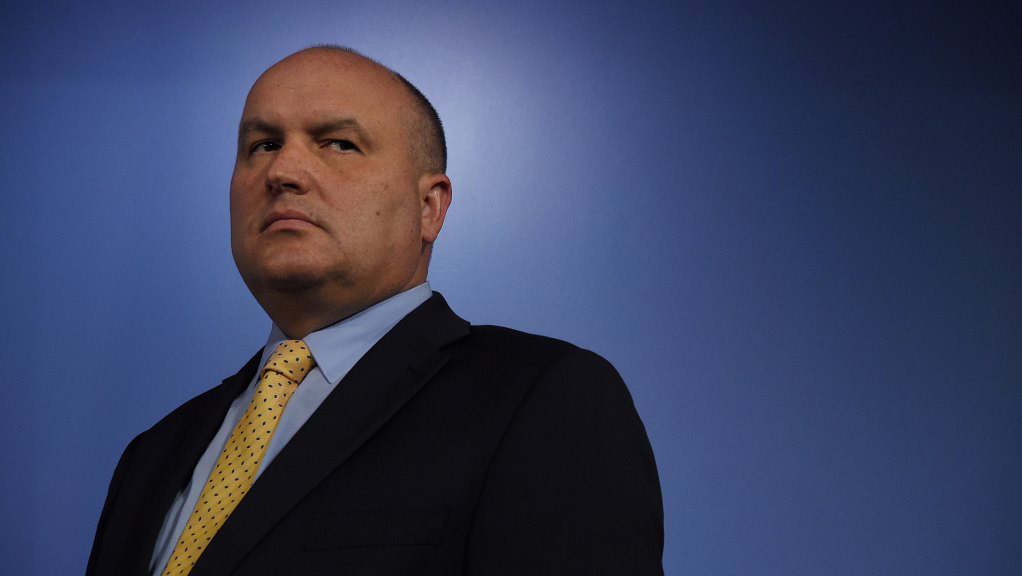
Politicians use this technique to win arguments – here’s how to get around it
Will Tregoning
14.1.21
Prohibitionist politicians have been trying to hijack recent discussions about decriminalising drug use in NSW. Police Minister David Elliott is a good example, and there’s a risk that politicians like him could derail the better intentions of their more moderate and sensible colleagues.
Let’s take a look at how Elliott talks about drugs and law enforcement. It’s rhetoric that benefits his own tough man persona, but it’s far from the sensible middle ground. Understanding how Eliott talks about drugs can help us make sure his ideas don’t keep corrupting drug policy.
There’s a concept called ‘framing’ that’s useful here. Linguistics expert George Lakoff has described frames as ‘mental structures that shape the way we see the world.’ Frames can’t be seen or heard – they are unspoken ideas and associations in subconscious parts of our brain that we put down to ‘common sense’. This is why frames are so powerful – they make certain ideas more palatable while others come across as completely irrational. The brain doesn’t want to accept concepts that are outside the dominant frame.
The way Elliott talks about drugs is a great example of what Lakoff has called ‘strict father’ framing. This draws on an antiquated idea of the father as a strict disciplinarian who uses punishment to reform children who are inherently pleasure-seeking from birth. This parenting approach is summed up in the expression that ‘sparing the rod spoils the child’.
You don’t need to read everything Eliott has said about drugs, because like all of us he tends to repeat the same sort of thing in different ways. We’ve compiled media comments he’s made about drugs and drug policy from June to December 2020.
When he talks about drugs and drug law enforcement, Eliott repeatedly mentions kids – sometimes including his own. He’s a dad, he wants us to know, and a strict one.
Giving police additional powers to search people without a warrant, Eliott had said in November that ‘we’re not taking our foot off the brake when it comes to the war against drugs. Every mum and dad across the state can sleep more soundly tonight, knowing it’s going to be harder for their kids to buy drugs.’ In this fantasy, Elliott makes himself out to be a father figure for kids right across the state. Other parents can sleep soundly because he’s got it covered.
In November Elliott called people who use drugs ‘the most vulnerable in our state.’ In December, he said he was ready to consider any policy that would make sure ‘kids won’t use drugs.’
Framing people who use drugs as ‘kids’ suggests that people who use drugs are less than full citizens and can’t be responsible for themselves. This does little to tell the truth about drug use, instead intensifying public fears and further marginalising people who take drugs.
One of the great insights from Lakoff’s work on framing can help us in dealing with Eliott and people like him. We need to reframe drugs and people who use them.
There’s at least two opportunities here. Eliott himself has done a good job of showing us one of those opportunities, with a comment that came across as clearly out of touch with commonsense. When evidence emerged in October that police had strip searched hundreds of boys and girls as young as 12, he said
“I’ve got young children and if I thought the police felt they were at risk of doing something wrong I’d want them strip-searched.”
Think about what happens to stern dads in the long run – the ones who think they see everything and use threats as a means of control. It’s a path to emotional disconnection, being surrounded by dishonesty, and harming the people you love. Instead of using punishment and policing as a parenting strategy, a much better approach values honesty and connection. That’s a better way of parenting, and a better way of dealing with drugs. We need to elevate that frame.
And instead of continuing the lie that using drugs is something only wayward young people do, we must tell stories that highlight the normality of drug use and the agency of people who use drugs.
Help change the narrative by supporting Story Lab – a national program training people to share their stories with the public and media, to shift the story about drugs in Australia by putting human stories to the forefront. With your donation, we can train more speakers and get their stories into the media. Click here to donate to support StoryLab.
Image Credit:
By Kate Geraghty published in Sydney Morning Herald
References:
- Lakoff, G., 2014. Don’t Think Of An Elephant!. White River Junction, Vermont: Chelsea Green Publishing.
- Dignam, J., 2020. Frame The Debate: Insights From Don’t Think Of An Elephant! – The Commons. [online] The Commons. Available at: <https://commonslibrary.org/frame-the-debate-insights-from-dont-think-of-an-elephant/> [Accessed 17 December 2020].
Sign up
Sign up for news and opportunities to get involved
We are working to make drug use legal and safe in Australia so that everyone has a better chance to lead a healthy and happy life. Join us.